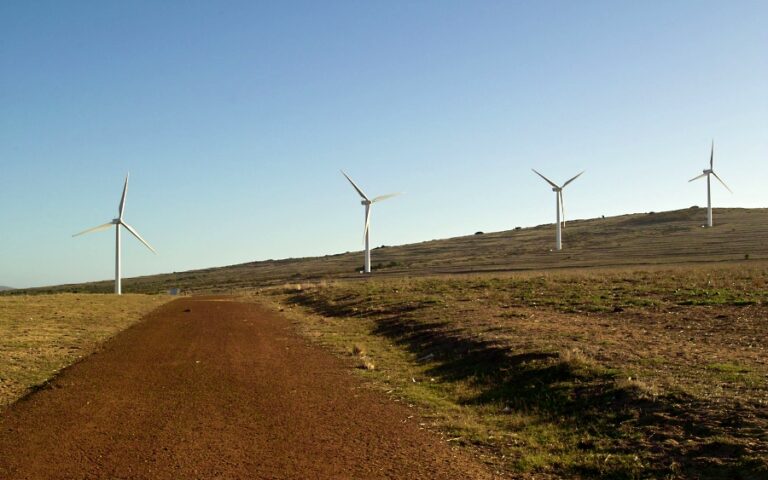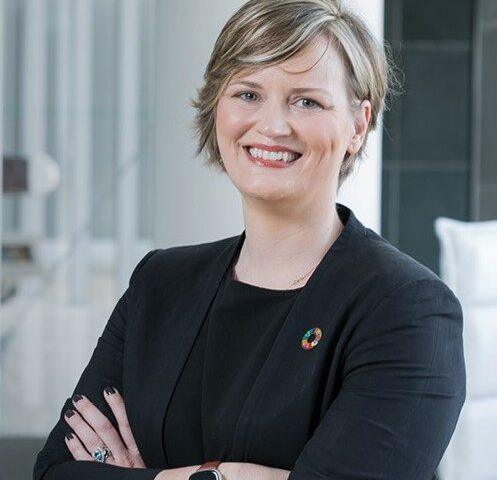South Africa’s largest listed companies continue to fall short of achieving gender parity in leadership, according to Just Share’s new briefing, Women in leadership: Assessing gender equality in JSE Top 40 boards and C-suites. Despite modest gains, progress remains uneven and largely concentrated at board level, with women still under-represented in executive roles.
The briefing analyses publicly available data from annual reports and company websites to assess the representation of women on boards and in executive management positions across the JSE Top 40 for the 2025 financial year.
In 2025, women hold 38% of board seats and 27.4% of executive roles, up three and three point four percentage points respectively from 2024 for the current set of Top 40 constituents.
Nine of the Top 40 companies achieved or exceeded gender parity on their boards, including Bidvest Group Ltd (64%), British American Tobacco plc (56%), and Impala Platinum Holdings Ltd (54%).
However, at the executive level, only three companies have female CEOs: Bidvest Group Ltd, Clicks Group Ltd and FirstRand Ltd, while only six boards are chaired by women. The report highlights that transformation is concentrated at board level, with limited evidence of structural progress within management pipelines.
The briefing reveals a significant lack of transparency in diversity reporting below board level. Few companies publish numerical gender targets for executive and management teams, despite the existence of legislative frameworks such as the Employment Equity Amendment Act, and voluntary sustainability guidance frameworks, like the JSE’s Sustainability Disclosure Guidance. While board targets typically range between 30% and 40%, few firms have adopted ambitions of parity or expanded such commitments to their executive ranks.
Sector-specific findings point to uneven progress. In the Basic Materials sector, women hold 40% of board seats and 33% of executive positions, outpacing other industries. In contrast, the Consumer Discretionary and Staples sector lags, with 38% of board seats but only 17% of executive roles held by women. In Financial Services, female representation is at 36% on boards and 28% in executive roles, with leaders such as Absa, Discovery and Nedbank showing what is possible.
The briefing also situates these findings within the broader global context. While South Africa’s 38% female board representation surpasses the G20 average of 23%, the country continues to trail markets that have achieved sustained gender balance in corporate leadership. The report notes that despite extensive legal and policy frameworks promoting equality, including the Employment Equity Act and Broad-Based Black Economic Empowerment legislation, transformation in corporate leadership remains incremental and fragmented.
It appears from the findings of our series of briefings on women in leadership that persistent barriers, including entrenched gender stereotypes, occupational segregation, and weak enforcement of equity legislation, continue to impede women’s advancement. Employment equity is still treated by many companies as a procedural obligation rather than a genuine driver of organisational change. The under-representation of women in executive roles reflects the absence of strong leadership pipelines and insufficient accountability from boards and investors.
Kwanele Ngogela, senior inequality analyst at Just Share says: “Achieving genuine gender equality in corporate leadership requires structural and cultural transformation, not merely tick-box, compliance-driven reporting. Accelerating progress demands the continuous strengthening of leadership pipelines, transparent disclosure of gender representation, the setting of measurable targets that extend beyond minimum requirements, and sustained accountability from both boards and investors.”
The report recommends that companies strengthen disclosure on gender representation across all occupational levels, align employment equity plans with the new sectoral targets, and integrate diversity objectives into performance and remuneration frameworks. Investors are encouraged to use their influence to drive stronger accountability for transformation outcomes.
Closing the gender gap in leadership is both a moral and economic imperative. Tracking progress among the JSE Top 40 companies, South Africa’s largest and most visible employers, remains critical for evaluating transformation and promoting inclusivity across the economy.
IMAGE: 123RF Free License






